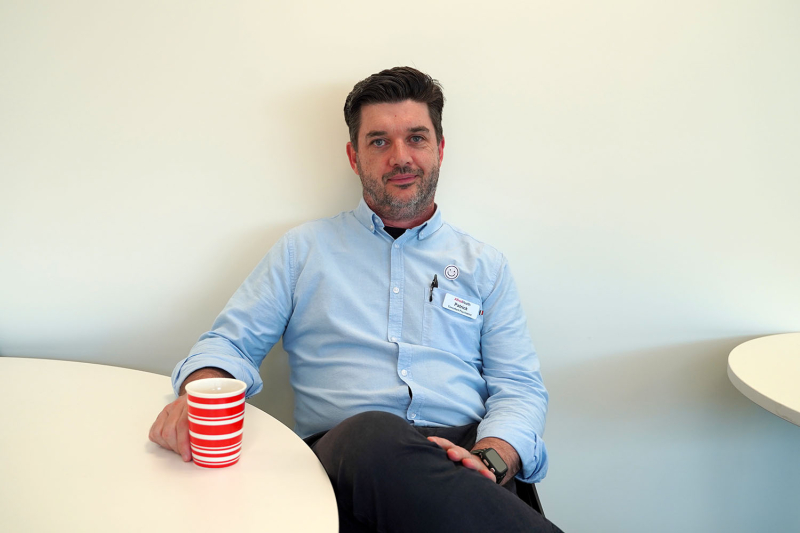Lockdown leads to spike in drinking

While Victorians were locked down under stage 3 restrictions, alcohol sales increased thirty-four per cent compared to the same time last year. Addictions psychiatrist Pat Tolan has shed some light on why the COVID-19 restrictions are causing some people to drink more - and what implications that might have post-COVID. Dr Tolan gives an insight into why he thinks increased alcohol intake is a problem and offers some suggestions of what we can do instead of drinking.
Why are people drinking more in isolation?
Firstly, alcohol is the commonest used drug of abuse.
Increased alcohol use during this pandemic could be for many reasons including:
1. Boredom. Ask any of the patients I see on the hospital ward why they drink and more often than not this is the first answer.
2. Managing negative emotions such as;
- anxiety (about COVID, job loss, family friends, loneliness or financial issues, home schooling)
- depression
- anger at the pandemic, the government, or lockdown.
3. For sleep, although alcohol generally worsens sleep.
4. Alcohol may be more available than other usual activities such as sports, movies, restaurants, even bars and possibly other drugs such as cannabis might be less readily available.
Why is this a problem?
There are a multitude of negative health outcomes from increased alcohol use. Alcohol can have a negative impact of conditions both in the short and long term. Intoxication contributes to trauma through falls, motor vehicle accidents and assaults within domestic settings and the community.
The National Health and Medical Research Council (NHMRC) publish guidelines for reducing health risks of drinking alcohol. Some of the basic recommendations state that healthy adults should drink no more than 2 standard drinks a day and no more than 4 standard drinks on any one occasion.
Could you suggest things people could do instead of drinking?
Drinking alcohol is often an activity that accompanies something else, like eating, watching TV or web browsing.
Firstly, I would suggest talking to someone about the basics of keeping healthy including:
- healthy diet
- regular exercise
- drinking water
- getting enough sleep
- managing stress
- staying connected to people
- having meaning and purpose
- minimising the use of drugs and alcohol.
Other strategies to limit intake are setting a limit and not exceeding it. Or alternating alcohol with non-alcoholic drinks or other activities such as going for a walk or bike ride.
What constitutes an alcohol addiction? Is drinking every day something people should be concerned about?
Yes, daily drinking increases overall risk. Although, a person who has a glass of wine each night with dinner is at much less risk than a person who has the whole bottle in one sitting then drives home from the restaurant.
The Diagnostic and Statistical Manual of Mental Disorders defines alcohol use disorder as: A problematic pattern of alcohol use leading to clinically significant impairment or distress, as manifested by at least two (of their listed criteria) occurring within a 12-month period.
If a person identifies as drinking too much, a discussion or a brief intervention in the GP surgery or ED can have a positive change in behaviour. This change might be a period of abstinence, while others might choose to adopt lower risk drinking. For a person drinking more heavily and thinking they are unable to stop, they could try cutting down by switching to a less potent form of alcohol, light beer instead of heavy, buying less (one bottle of wine instead of a case).
Those regularly consuming ten or more standard drinks a day are at high risk of developing withdrawal symptoms and in my experience, people who consume twenty or more standard drinks per day, or have a history of severe withdrawal symptoms such as seizures, should not abruptly stop drinking without medical support.
If you need to reach out for medical support, treatment resources are available via directline, your GP and public and private service and consumer lead supports AA, NA and Smart Recovery.
_500_333.jpg)

